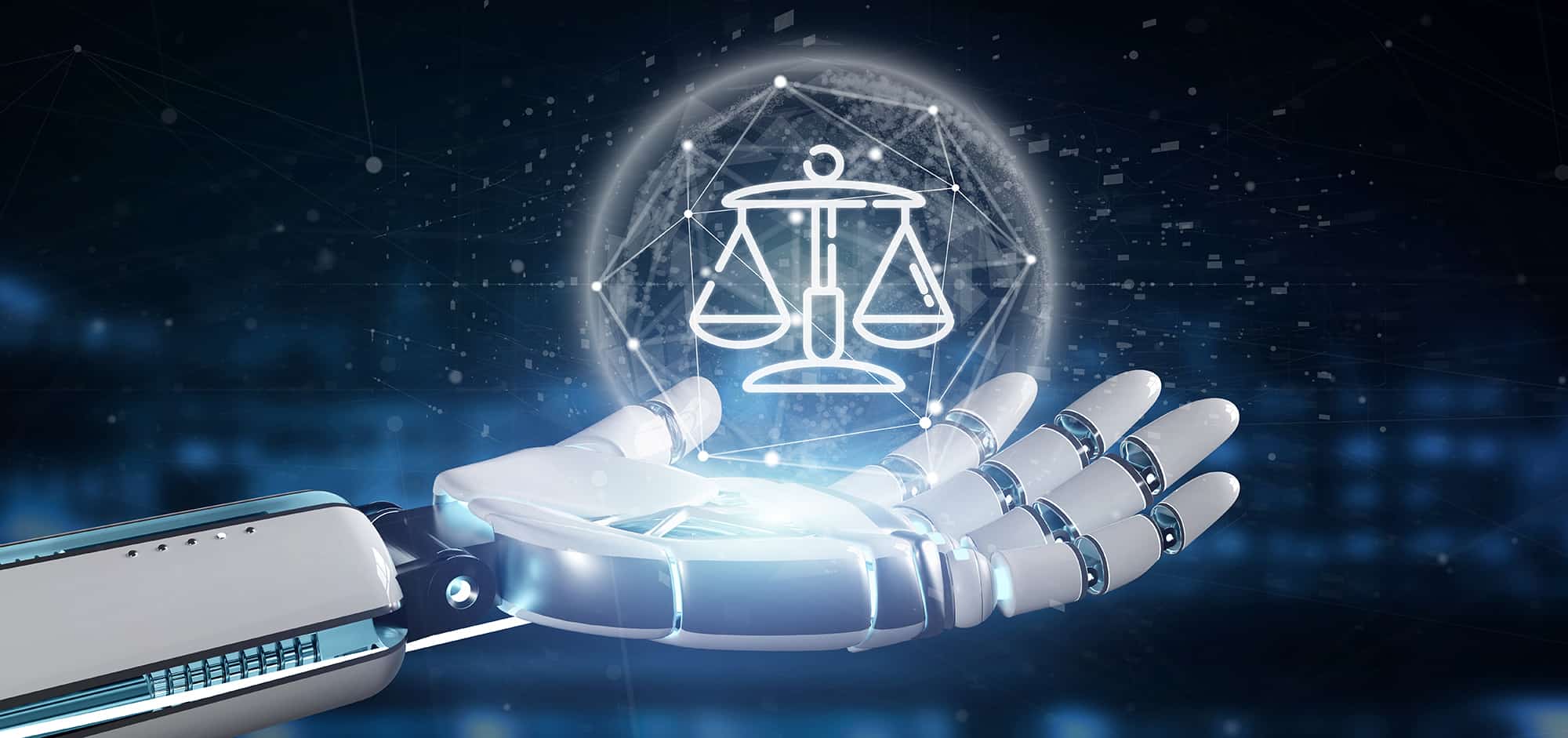The Department of Justice (DOJ) has appointed its first-ever artificial intelligence (AI) officer, Jonathan Mayer. This appointment comes amid growing concerns about the impact of AI on the criminal justice system. Mayer will be responsible for advising the department on the ethical use of AI and for helping to recruit more technology experts.
Why is the DOJ appointing an AI officer?
The DOJ’s decision to appoint an AI officer reflects the growing recognition of the potential impact of AI on the criminal justice system. AI is already being used in a variety of ways in the criminal justice system, including in predictive policing, risk assessment, and facial recognition.
As AI continues to develop, it is important to ensure that it is used in a fair and ethical manner. The DOJ’s AI officer will play a key role in developing and implementing policies to ensure that AI is used ethically and responsibly in the criminal justice system.
What are the challenges of using AI in the criminal justice system?
There are a number of challenges associated with using AI in the criminal justice system. One challenge is that AI algorithms can be biased, which can lead to discriminatory outcomes. For example, an AI algorithm that is used to predict recidivism may be more likely to predict that people of color will re-offend, even if they are no more likely to re-offend than white people.
Another challenge is that AI systems can be opaque, which can make it difficult to understand how they are making decisions. This can make it difficult to hold AI systems accountable for their decisions.

What are the potential benefits of using AI in the criminal justice system?
Despite the challenges, there are also potential benefits to using AI in the criminal justice system. For example, AI can be used to help identify patterns of crime, which can help law enforcement agencies to allocate resources more effectively. AI can also be used to help identify and prevent wrongful convictions.
The future of AI in the criminal justice system
The appointment of the DOJ’s first AI officer is a significant step forward in ensuring that AI is used ethically and responsibly in the criminal justice system. However, there is still much work to be done. The DOJ and other stakeholders will need to continue to develop and implement policies to ensure that AI is used in a fair and just manner.
As the capabilities of AI continue to advance, it will be increasingly important to ensure transparency and accountability around how these technologies are used. Legislators, policymakers, and technologists must work together to balance innovation with ethics and civil liberties.
The DOJ’s AI officer will play a vital role in advising on the responsible development and deployment of AI tools. However, ultimately the success of these efforts requires participation from all corners of government and industry.
At the end of the day, AI should be leveraged as a tool to increase effectiveness and efficiency, not to infringe upon rights. As long as we keep sight of that North Star – preserving liberty through technology – the future of AI in the justice system is bright.
The Department of Justice understands the power and promise of artificial intelligence. That’s why it has appointed its first-ever AI officer – to ensure this technology is used fairly, transparently, and for the benefit of the American people.
















Add Comment